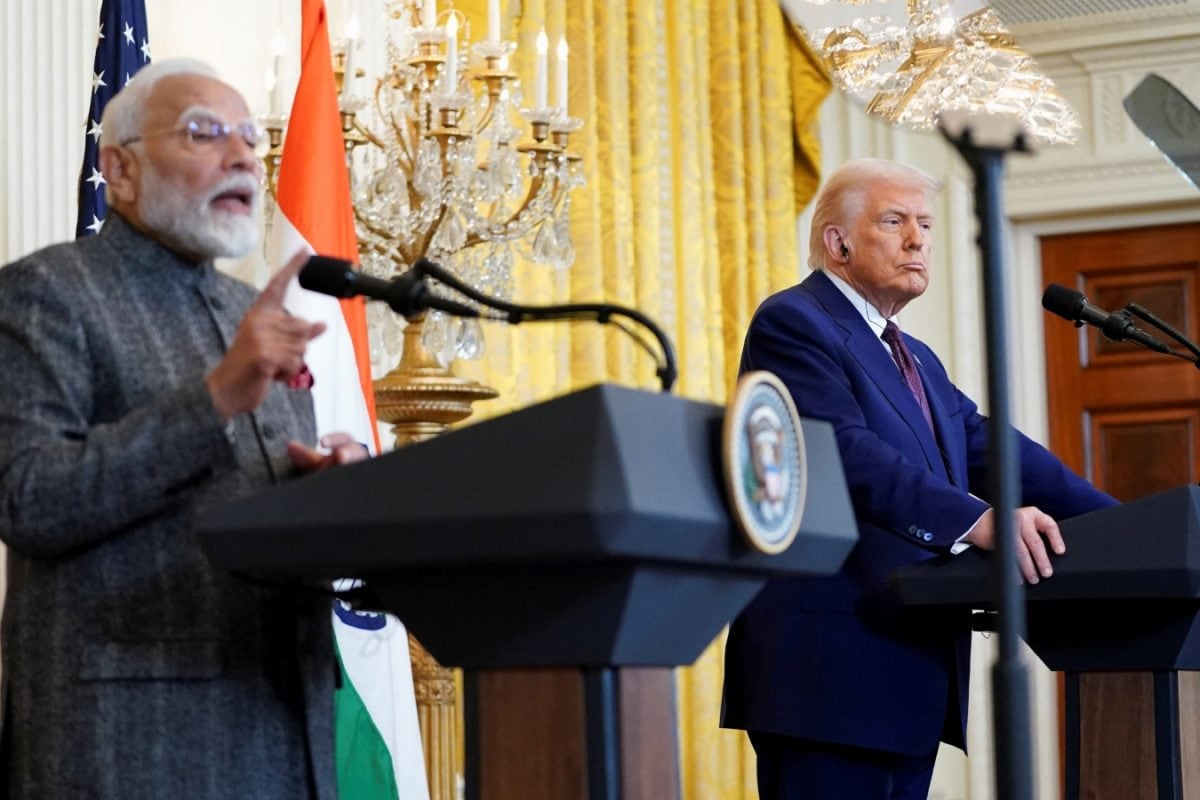

Recent developments suggest a shift in US foreign policy under the Trump administration, causing unease in India as the US appears to be strengthening its relationship with Pakistan. This perceived shift is multifaceted, encompassing trade disputes, claims of brokering peace between India and Pakistan, and renewed engagement with the Pakistani military.
One aspect of this evolving dynamic is the trade friction between the US and India. President Trump has imposed a 50% tariff on Indian goods, a move that has been interpreted as a punishment for India's continued import of Russian oil. Trump has publicly criticized India's economic policies, calling it the "king of tariffs" and has expressed a lack of concern for India's economic fate. This has led to a sense of betrayal among some Indian officials, who feel that the US is distancing itself from India.
Adding to the complexity, Trump has repeatedly claimed credit for brokering a ceasefire between India and Pakistan after a recent conflict. This claim has been refuted by India, which maintains that the matter was resolved bilaterally. However, Pakistan has supported Trump's narrative and has even suggested nominating him for the Nobel Peace Prize.
Furthermore, the Trump administration has shown a renewed interest in engaging with Pakistan, particularly its military. Pakistan's Army Chief, Asim Munir, has visited the US and met with Trump at the White House. This has raised concerns in India, especially given India's efforts to label Pakistan as a sponsor of terrorism. The US has also praised Pakistan for its counterterrorism efforts and has designated the Balochistan Liberation Army (BLA) as a terrorist organization, a move long sought by Pakistan.
Several factors may be contributing to this apparent shift in US policy. Some analysts suggest that Trump is using the relationship with Pakistan as leverage to pressure India on trade and other issues. Others point to Pakistan's willingness to offer investment opportunities and support Trump's claims of success in brokering peace. Still others suggest that Trump's family has financial stakes in Pakistan, influencing his approach towards the country.
Whatever the reasons, the warming relations between the US and Pakistan are causing concern in India. Some experts warn that the US is making a strategic mistake by aligning with Pakistan, which has close ties to China, the US's strategic competitor. Others suggest that the US is seeking to "annoy" India in order to extract concessions in trade negotiations.
The developments have led to a reassessment of India's strategic options. Some experts suggest that India may need to maintain strategic autonomy and explore closer ties with other countries, including China. There are reports that India and China are set to resume direct flights and that India may be reconsidering its plans to purchase arms from the US.
The situation remains fluid, and it is unclear how the US-India relationship will evolve under the Trump administration. However, the recent developments highlight the complexities of foreign policy and the challenges of balancing competing interests in a rapidly changing world. Some analysts believe that the US-Pakistan bonhomie is a temporary phase and that the strategic importance of the US-India relationship will ultimately prevail. Others express concern that the damage has already been done and that India's trust in the US has been eroded.